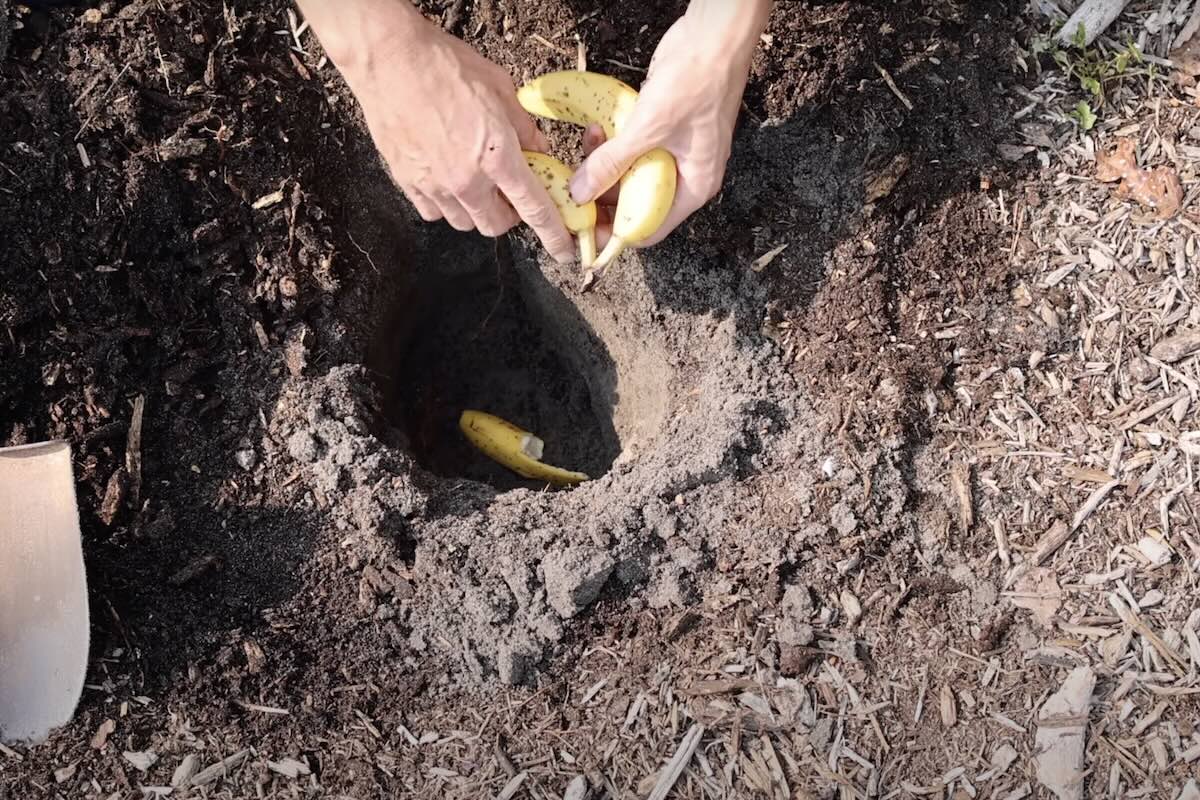You’re Throwing Away Garden Gold — Here’s Why Tea Bags Could Supercharge Your Tomato Plants
If you’re tossing used tea bags into the trash, you might be missing out on one of gardening’s best-kept secrets. Believe it or not, that tiny soggy pouch could hold the key to bigger, juicier, and healthier tomatoes—without spending a dime on fertilizer.
Let’s dive into how this humble kitchen scrap can transform your garden and why so many gardeners are suddenly raving about it.
The Surprising Power of Used Tea Bags in Your Garden
Most people think of tea as a relaxing drink, but for your plants—especially tomatoes—it’s like a nutrient-packed energy drink. Tea bags are rich in nitrogen, a key ingredient that boosts lush green leaves and fuels strong plant growth. Plus, the tannins found in tea help improve soil structure, making it easier for roots to absorb nutrients.
Unlike chemical fertilizers that can overwhelm or “burn” your plants, tea bags release their goodness slowly and steadily. This makes them perfect for vegetables like tomatoes that need a gentle, consistent supply of nutrients over time.
And here’s a bonus: tea bags invite beneficial microbes into your soil, helping to create a vibrant mini-ecosystem right under your feet.
How to Use Tea Bags for Stronger, Healthier Tomatoes
So, how can you actually use tea bags in the garden?
One simple method is to bury used tea bags near the base of each tomato plant. As they break down, they feed the roots directly—kind of like a slow-drip IV for your plants. The natural acidity from tea also helps tomatoes thrive, as they prefer soil with a slightly lower pH.
Want an extra boost? Soak a few tea bags in your watering can overnight and use that “garden tea” to water your plants. It’s a gentle, nutrient-rich elixir that helps during critical growing phases, like flowering and fruiting.
You can also toss tea bags into your compost bin to accelerate the breakdown of organic matter. Or even use them as a seed starter—the moist, nutrient-dense tea bag creates a cozy little cradle for sprouting seedlings.
Why Tomatoes Thrive With This Natural Fertilizer
Tomato plants are famously picky. They crave just the right mix of nutrients and soil conditions, and tea bags seem to hit the sweet spot.
Here’s why:
-
The nitrogen in tea promotes strong leaves and stems.
-
The acidity enhances nutrient uptake.
-
The moisture-retention helps during hot, dry stretches.
-
And the organic matter improves root health and flavor-rich fruit development.
Many gardeners say their tomatoes not only grow better but taste sweeter and richer when tea bags are part of the soil mix. Healthier plants, tastier harvests—that’s a win-win.
Eco-Friendly, Budget-Friendly, and Totally Easy
Adding tea bags to your garden routine is a simple, eco-conscious habit that cuts down on kitchen waste while giving your plants a natural advantage.
But like any fertilizer, balance is key. Stick to one tea bag per tomato plant every few weeks. Overdoing it can make the soil too acidic, especially if you’re using other compost ingredients like coffee grounds or citrus peels.
For an even more powerful effect, combine tea bags with other natural scraps—like crushed eggshells for calcium or banana peels for potassium. You’ll be building a well-rounded, totally organic garden buffet.
Ready to Brew Up Better Tomatoes?
Next time you enjoy a cup of tea, don’t toss the bag. Toss it into your garden.
You’ll be surprised how such a small, everyday item can bring big, beautiful changes to your tomato crop. And you won’t just grow healthier plants—you’ll grow your connection to the earth in a sustainable, satisfying way.
Have you tried gardening with tea bags or other household scraps? Share your favorite homegrown hacks in the comments—we’d love to hear how you keep your garden thriving naturally.
